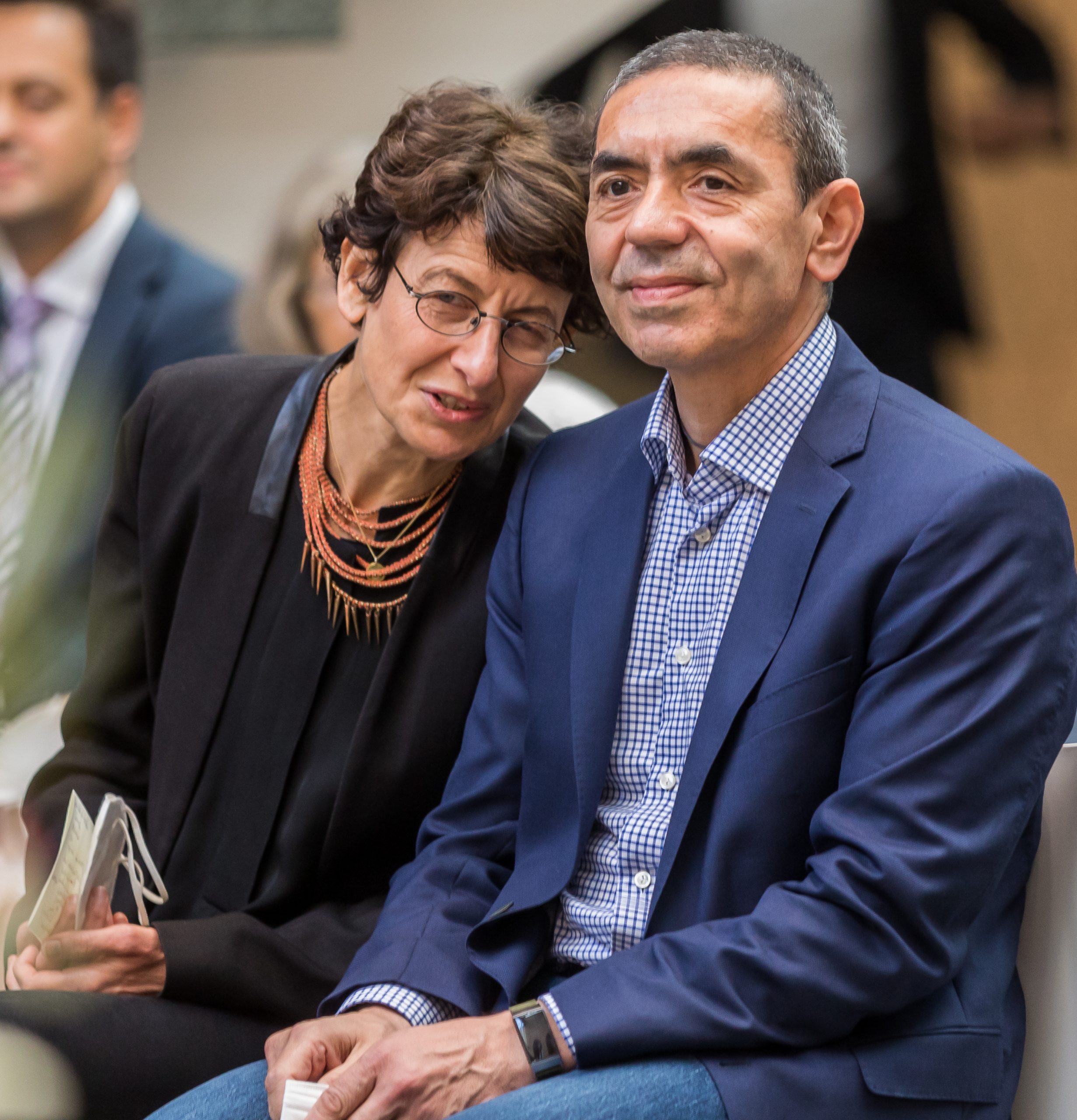“We believe in scientific rigor, innovation and passion as driving force,” says BioNTech.
Researchers behind the COVID-19 vaccine say they are only several years away from introducing a cancer vaccine.
Ugur Sahin and Ozlem Tureci are the husband-and-wife duo behind pharmaceutical company BioNTech, the same firm responsible for creating the Pfizer vaccine.
They say their research in developing the COVID-19 vaccine has catapulted their studies around a potential cancer preventative, which will be based on mRNA technology.
“What we have developed over decades for cancer vaccine development has been the tailwind for developing the COVID-19 vaccine, and now the COVID-19 vaccine and our experience in developing it gives back to our cancer work,” she said.
“We have learned how to create better, faster manufacture vaccines. We have learned, in a large number of people, how the immune system reacts towards mRNA.”
Professor Tureci said that traditional methods of creating a vaccine are completely different to using mRNA as a basis.
“mRNA acts as a blueprint and allows you to tell the body to produce the drug or the vaccine … and when you use mRNA as a vaccine, the mRNA is a blueprint for the ‘wanted poster’ of the enemy — in this case, cancer antigens which distinguish cancer cells from normal cells,” said Tureci.
“We feel that a cure for cancer or to changing cancer patients’ lives is in our grasp.”

It’s hoped that such cancers as bowel, melanoma and other similar types will be the target of vaccines and preliminary research says it might be effective in preventing the recurrence of pancreatic cancer.
BioNTech was founded by the married scientists in Germany almost 15 years ago and states their mission as “improving the health of people worldwide with our fundamental research and development of immunotherapies”.
Although the announcement is promising, they are currently facing issues with their Pfizer vaccine.
US based pharmaceutical company Moderna has recently sued both BioNTech and Pfizer for patent infringement, however both Tureci and Sahin vehemently deny this.
“Our innovations are original,” said Sahin.
“We have spent 20 years of research in developing these type of treatments and of course we will fight for this, for our intellectual property.”





